If you or someone close to you is struggling with addiction, you can find medical addiction treatment that makes it easier. With prescription and over-the-counter medications, you can ease your withdrawal symptoms and reduce cravings.
Medical treatment for addiction refers to any treatment that involves medication. This can take two primary forms: MAT and regular medications. Both are intended to help you manage your symptoms during detox and ongoing therapy.
MAT
The first is medication-assisted addiction treatment or MAT. Medication-assisted addiction treatment is reserved for addictive substances with severe withdrawal symptoms and potential health complications such as:
- Alcohol
- Benzodiazepines
- Opioids
Qualified, licensed treatment facilities can only provide MAT. With this form of medical treatment for addiction, you have to start with your initial detox under medical supervision, after which you have to continue with ongoing inpatient or outpatient treatment. To use FDA-approved medications, you must participate in ongoing therapy after your detox. If you choose to receive medical treatment for addiction at the same facility, this makes it easy to transition from detox to ongoing care.
What Drugs are Used for MAT Medical Treatment for Addiction?
The FDA has several drugs approved for addiction medical treatment. Some of them are meant to inhibit the effects of drugs or alcohol, and others make you sick if you imbibe them to prevent cravings.
Alcohol Antagonists
Prescriptions like Disulfiram help you avoid a relapse after you leave our treatment facility. They are antagonists that cause unpleasant feelings like headaches, vomiting, and nausea if you drink. You take a tablet once daily, knowing that imbibing will cause unpleasant side effects. This takes away any positive associations you might have with drinking.
GABA Analogs
GABA analogs like Acamprosate blocks the brain signals that cause withdrawal. If you are receiving detox treatment for alcohol, you might have these prescriptions administered during the early days of your detox to help reduce the severe withdrawal symptoms from alcohol so you can recover more comfortably.
Opioid Agonists
Opioid agonists like Methadone and Buprenorphine can alleviate severe side effects like cravings by attaching to the same brain receptors as opioids would. This helps alleviate the discomfort without getting you high. They come in multiple forms, like oral concentrates, tablets, injections, or subdermal implants.
Opioid Antagonists
Naltrexone is a common example of an opioid antagonist. It helps to block the activation of opioid receptors, so it stops you from feeling high if you take opioids. This, like the alcohol antagonists, helps reduce the risk of relapse after treatment because using opioids won’t provide the same feelings anymore.
Medications
The second is any over-the-counter or prescription addiction medical treatment prescribed during detox or ongoing treatment.
In these cases, the medications prescribed can be used to prevent cravings, especially from drugs like cocaine which present with severe cravings for up to six months from detox. They can also be used to treat co-occurring mental health disorders.
Prescription medications for co-occurring mental health disorders are most effective when combined with therapy. That is why you may receive a prescription as part of your Peninsula Health dual diagnosis treatment program.
Starting Medical Treatment for Addiction
At our Palos Verdes drug and alcohol rehab center, we start with an initial assessment. This initial assessment is conducted by a qualified physician or medical professional on staff. The purpose is to get to know you, your history with addiction and any co-occurring mental health disorders, and your symptoms.
For example, a client with a history of co-occurring mental health disorders might have already tried certain prescriptions with limited effect. That information helps us avoid prescribing the same drug and find something more effective. Understanding that a client has an addiction to opioids and benzodiazepines can help us curate a medication-assisted addiction treatment plan with the most effective prescriptions and long-term care.
We work with you throughout your program to ensure the medications you are prescribed have the intended effect, helping you reach your goals or manage your symptoms. If something isn’t working, we can help you make a change and try something new.
As part of our dual diagnosis treatment plan, we provide prescriptions for anxiety disorders, depression, bipolar disorder, and similar mental health disorders, which can include a combination of antidepressants, anti-anxiety medications, mood stabilizers, or antipsychotics.
Contact us today to learn more about how medication can help you with your addiction.






